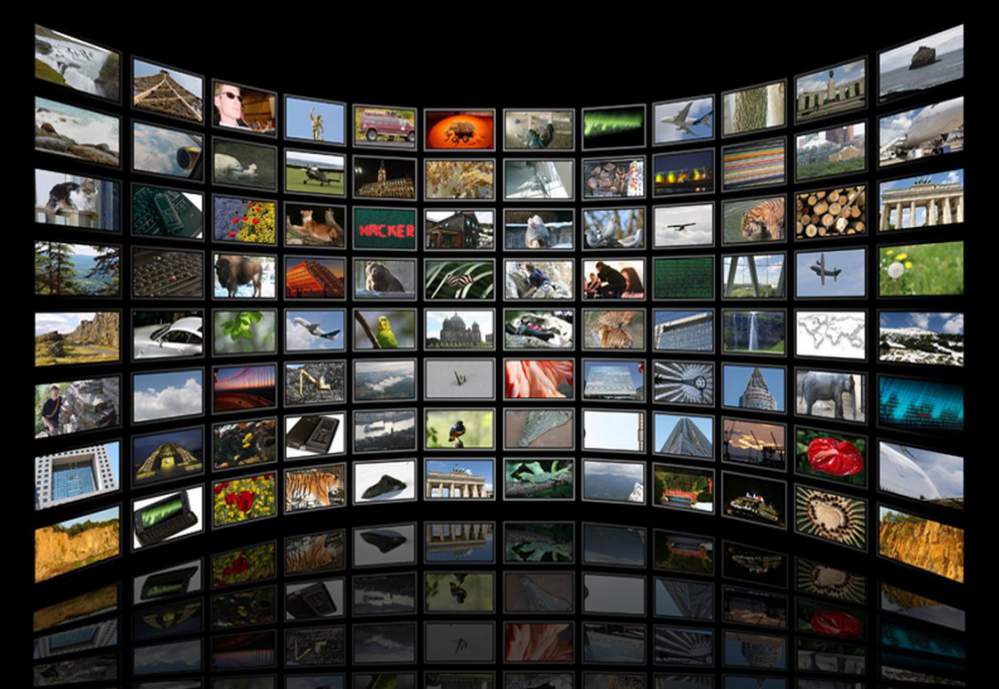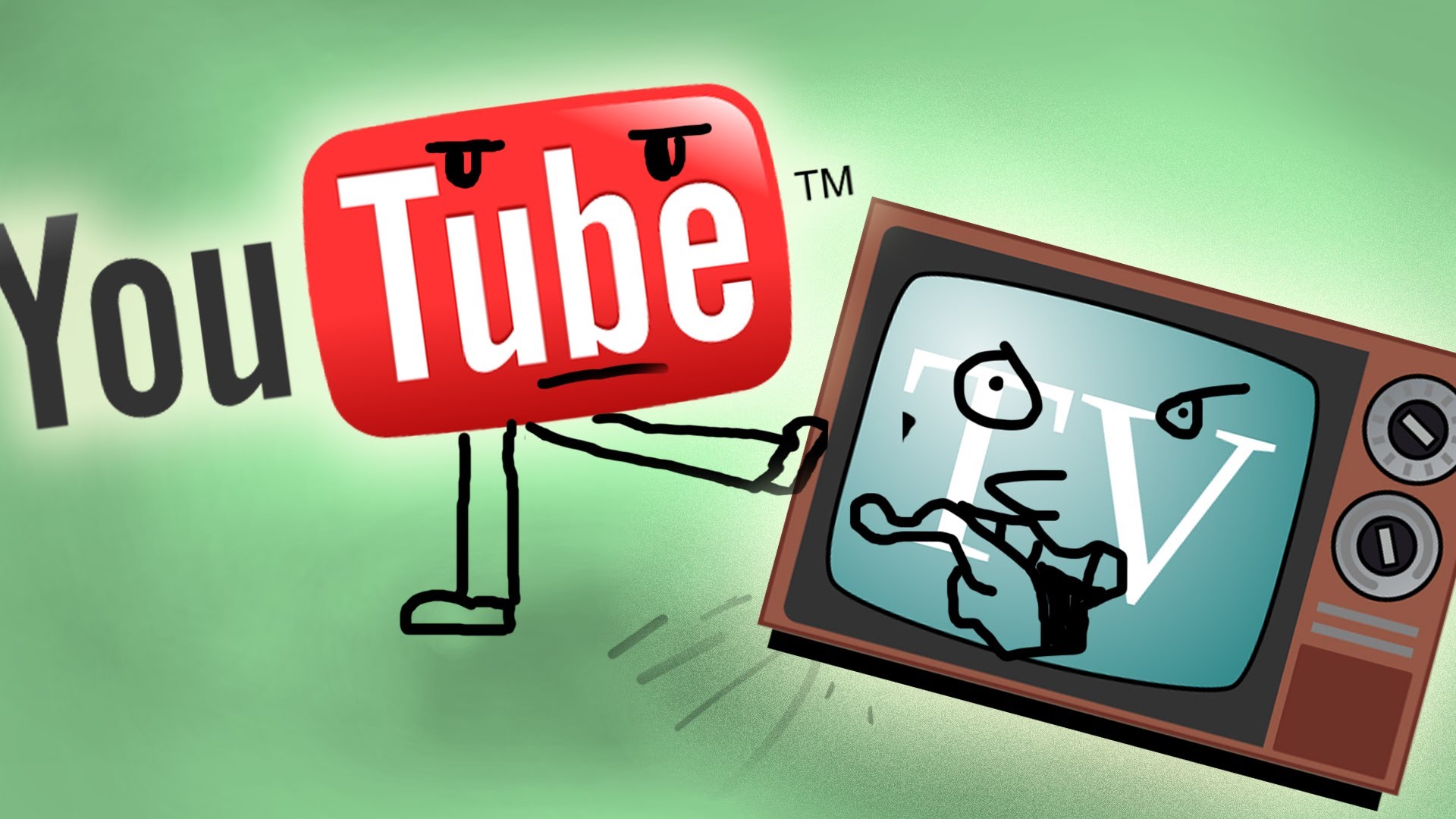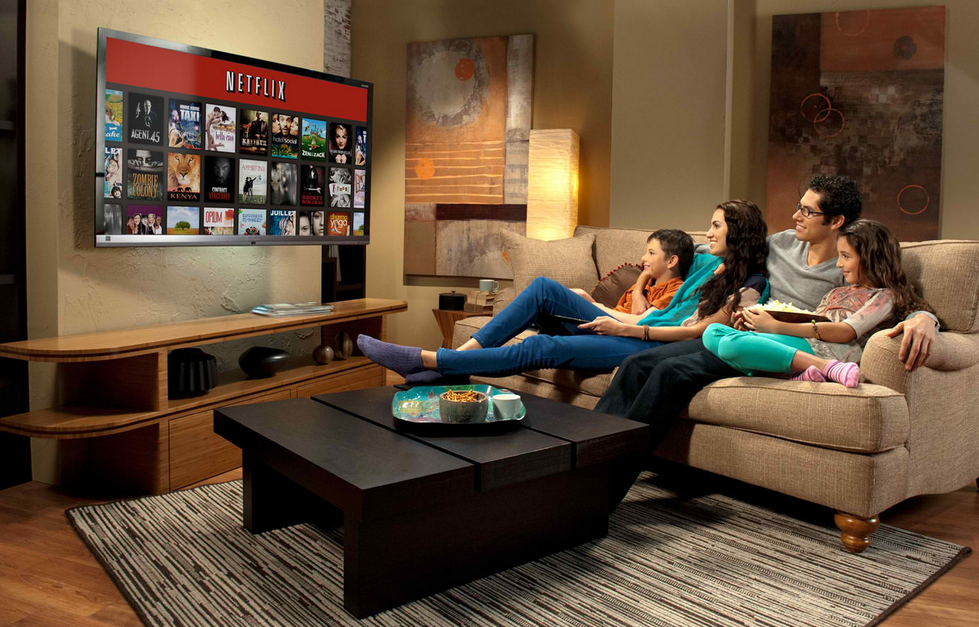A Brand New World: The Future Of Television
Sixty years ago, one-third of all homes didn't even have a television set. And virtually all of those who did have a relatively-new "radio with pictures" had to gather around their family's single black-and-white set in order to watch.

Since that time, the one thing that's become clear about television is that the landscape doesn't stay stable for very long. At first, there wasn't much to watch. Most cities had three over-the-air network channels, and some lucky markets had a few educational and independent signals. Cable became widely available with dozens of channels and was then joined at the party by satellite, with each eventually capable of delivering hundreds of channels. VCRs, DVRs, VOD - all added the ability to time-shift shows and skip through commercials; premium cable signals like HBO and Showtime eliminated the commercials entirely. And now, video streaming via Netflix, Hulu and many other sources has forced us to rethink what "television" really means in today's world.
What's coming next? Here are few educated guesses.
The Cable Industry's Will Change Or Die
For quite some time, the cable industry has been fighting off demands to "unbundle" traditional channel offerings. In this model, viewers who don't like sports can simply order the entertainment channels they enjoy. Giant companies are deathly afraid of that "a la carte" approach; for example, Disney makes enormous profits by having ESPN delivered to almost every home in America.
The industry is bound to lose the battle, however. Consumers have been cancelling their cable subscriptions in larger and larger numbers every year since 2013 (more than half-a-million in 2015 alone), thanks to the growing popularity of streaming video and the increasing quality of programs on services like Netflix.
That's why industry players are all developing streaming platforms like HBO NOW, to accommodate "cable cutters" as well as millennials who never had cable in the first place. In the not too distant future, the cable industry will either morph into a more open content delivery service with unbundled channels and greater options - or it will slowly disappear.
Sorry, But There Will Still Be Commercials
Netflix has done quite well with a strict "no commercial" policy. However, large companies still want to put products in front of audiences and there's a lot of money to be made by selling those "eyeballs." That means ads won't be going away anytime soon. Even some streaming services either carry commercials or make you pay extra to avoid them.
But everyone realizes that old-fashioned, repetitive blocks of ads don't work like they used to. The commercials are either disregarded, or skipped with the help of the fast-forward button. So in the future there will be fewer traditional ads, replaced by alternatives like the program sponsorships or product placement deals already becoming common. Most importantly, commercials will be laser-targeted at the viewers who are watching; streaming services will monitor viewing patterns and collect data to ensure that each viewer receives ads related to their specific interests.
Television and the Internet Will Be Inseparable

Netflix predicts that in less than ten years, every TV sold will be a Smart TV. And analysts agree with YouTube's prediction that in the next three or four years, 90% of all Internet traffic will be generated by people watching video. When you couple those very realistic predictions with the enormous growth and popularity of streaming video providers, it's clear that a television set or monitor will no longer be a stand-alone appliance.
In the near future, TV will finally outgrow its heritage of delivering "radio with pictures." Instead, television will become the primary device that delivers Internet content for home entertainment. Some content producers will still be old-school networks or studios, but television without Internet connectivity will be much like television in the 1950s or 60s: there won't be very much to watch.




